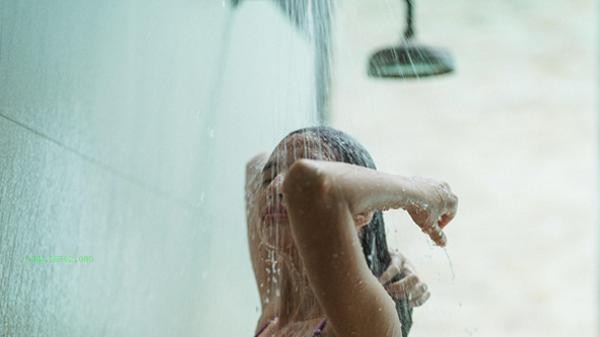Not taking a shower frequently may lead to skin infections, increased body odor, clogged pores, and other issues. Long term accumulation of dirt and oil on the skin may lead to skin diseases such as acne and dermatitis. Mixing sweat with bacteria can produce unpleasant body odor, and uncleanliness may also increase the risk of parasitic infections. The accumulation of sebum, sweat, and dead skin cells on the surface of the skin can clog pores, forming blackheads or acne. Pathogenic bacteria such as Staphylococcus aureus can multiply in humid environments and may cause folliculitis or pyoderma. Excessive thickening of the stratum corneum can cause rough, dry, and cracked skin, and itching and scratching may lead to secondary infections. Wrinkled areas such as armpits and groin are prone to fungal growth, which may trigger tinea pedis or tinea corporis. In special circumstances, immunocompromised individuals may experience severe infections due to damage to the skin barrier. The skin wounds of diabetes patients heal slowly, and unclean care may develop into chronic ulcers. Long term bedridden individuals who fail to clean up in a timely manner may develop pressure ulcers and infections, and infants and young children with delicate skin need to maintain cleanliness to prevent diaper rash.

It is recommended to adjust the frequency of bathing according to the season, with daily cleaning in summer and the next day in winter. Choose mild and weakly acidic shower gel to avoid excessive scrubbing that can damage the sebum membrane. Focus on cleaning sweaty areas and promptly wipe away skin folds after washing. Elderly people or those with limited mobility can use local scrubbing, while infants and young children need to use specialized care products. Maintaining regular cleaning habits helps maintain the balance of the skin's microecology.










Comments (0)
Leave a Comment
No comments yet
Be the first to share your thoughts!